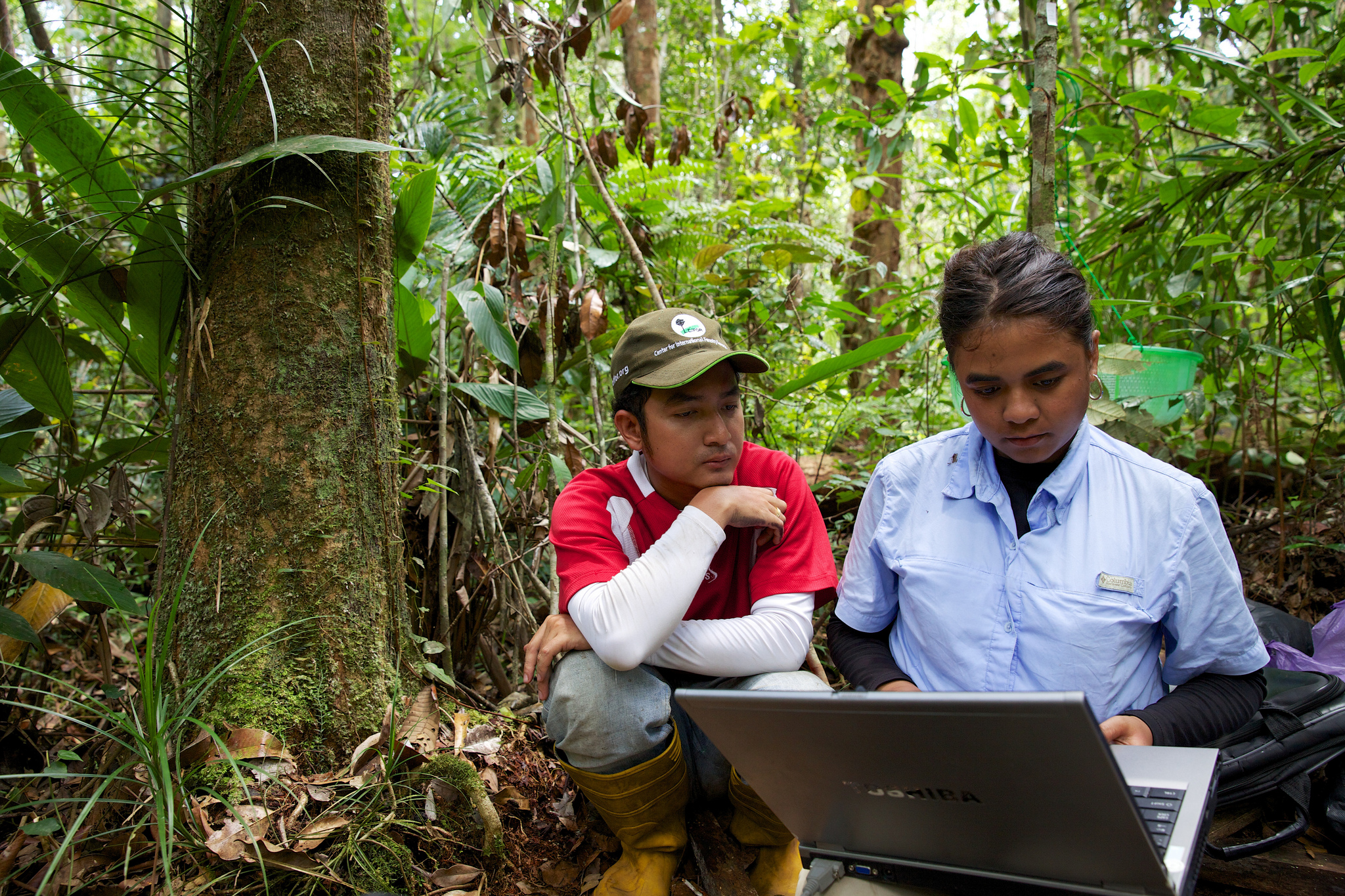The approval of the district regulation on confirmation, recognition and protection of Ammatoa Kajang

The indigenous Kajang people in Bulukumba, South Sulawesi deeply value forests as a pillar of their belief system. They have created a semi-formal governance structure to manage their forests, combining complementary customary law and formal surveillance/enforcement practices. The forests they manage contain old growth and lucrative species, in contrast to the state-designated protection forest (hutan lindung) in a neighboring sub-district, which has been rapidly converted into settlements and non-protection uses.
However, in the past 30 years, the Kajang people have experienced territorial decline. In the 1980s, 331.17 hectares of their sacred forest Borrong Lompoa was designated limited production forest (Hutan Produksi Terbatas), thereby conferring management authority on the state.
Numerous private parties have since expressed interest in converting and cultivating these lands. Larger areas in the region have also sparked controversy in the past, particularly with regard to the rubber plantation by PT Lonsum, a corporation that manages over 5,000 hectares through leasehold (Hak Guna Usaha).
Tensions between the customary group and the company over land rights have resulted in repeated protests and violence in the past. Numerous community, civil society and government actors fear a return to hostility in the future. These stakeholders have proposed legal recognition and mediation efforts to defuse tensions.
In 2008, the Government of Bulukumba (at the behest of the Forestry Agency who asked Universitas Hasanuddin [UNHAS] for assistance) initiated a process to draft a district regulation (Peraturan Daerah/PERDA) recognizing the Kajang people and customary forests. The effort failed because of the absence of a suitable legal framework, a lack of public participation and limited bureaucratic support.
The AgFOR-Governance team (CIFOR and a Balang non-governmental organization [NGO], hereinafter called AgFOR-GOV) facilitated a multi-stakeholder collaborative process to develop a PERDA recognizing the Kajang indigenous people of Bulukumba, South Sulawesi. AgFOR-GOV supported the PERDA process through to the final approval by the District Legislative Assembly (Dewan Perwakilan Rakyat Daerah/DPRD).
The main outcome of PERDA approval reaches beyond formal designation, and more importantly, serves to increase the understanding and capacity of key stakeholders to engage in participatory governance well beyond the project period.
